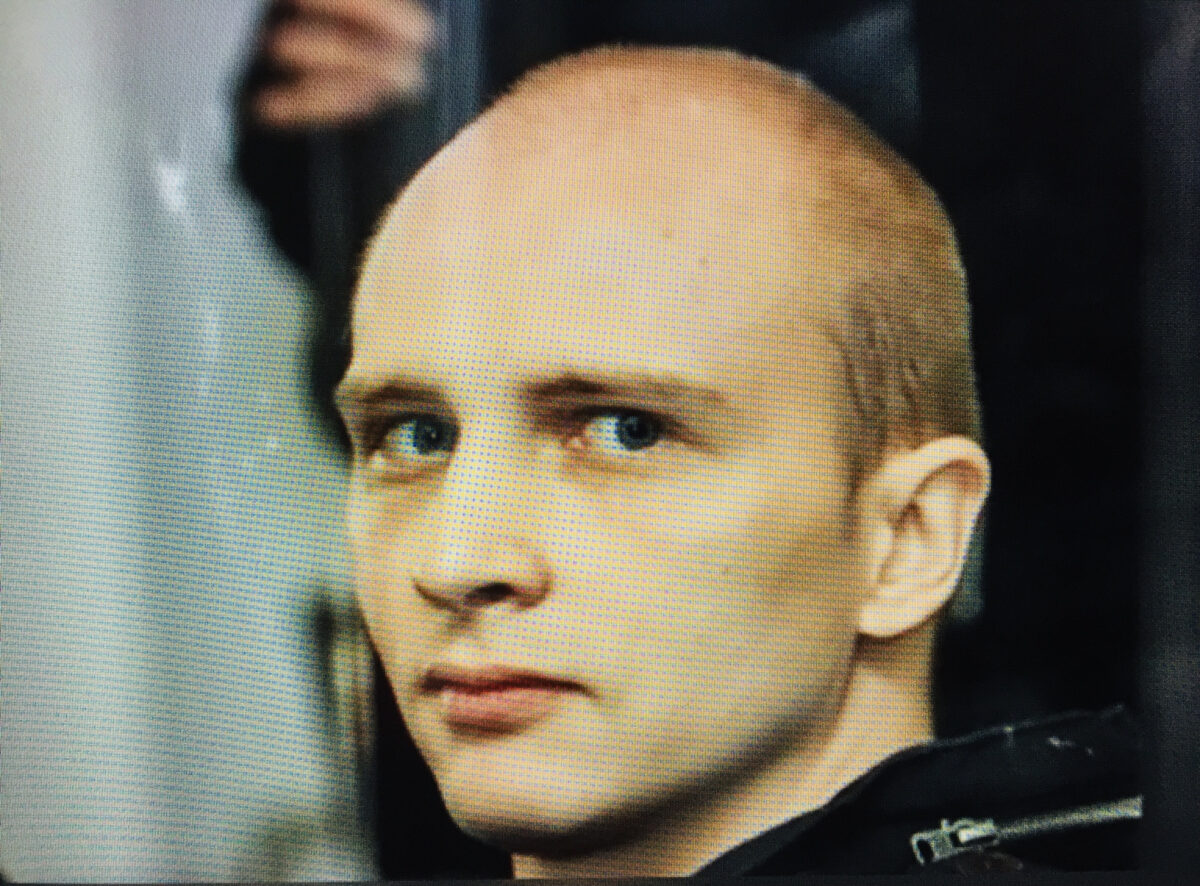Jews, Muslims, immigrants and left-wing politicians have faced an upsurge of violence in Germany in the past five years, reports Evan Williams in his gripping documentary, Germany’s Neo-Nazis & The Far Right, which will be broadcast on the PBS network and on YouTube on Tuesday, June 29 at 10 p.m. (Eastern Standard Time).
Williams, a journalist who has been covering the far-right scene in Europe for the last decade, interviews a wide range of Germans and reaches the conclusion that far-right extremism poses a threat to democracy in Germany.
He starts his investigation with what a German prosecutor describes as “the most despicable act of antisemitism in Germany since World War II.”
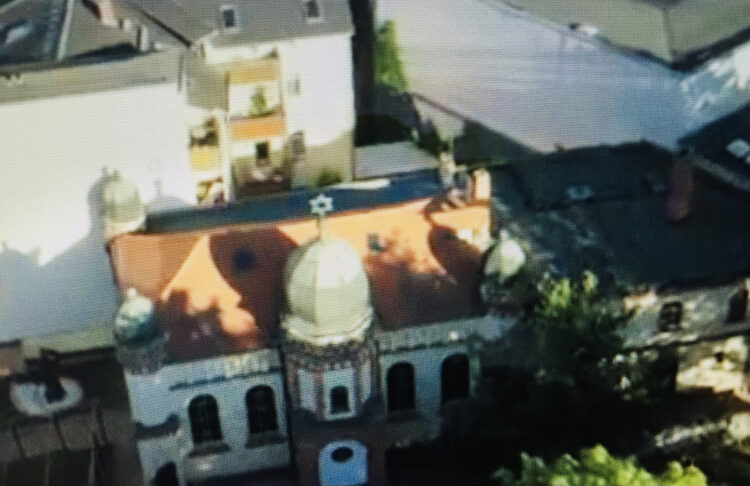
He is referring, of course, to the armed attack mounted by Stephan Balliet, a 27-year-old neo-Nazi lone wolf extremist, against a synagogue in the eastern city of Halle on October 9, 2019. After failing to break through the heavy locked door, he left the building in a rage and killed two people, both Germans, in the vicinity, all the while live streaming his murderous rampage.
A veteran of the Germany army, he was radicalized on the internet, spending hundreds of hours playing violent video games. He was sentenced to life in prison, but his onslaught has left Germany’s Jewish community in shock. The Jewish community in Halle had feared such an attack, but the police department had downplayed the possibility.
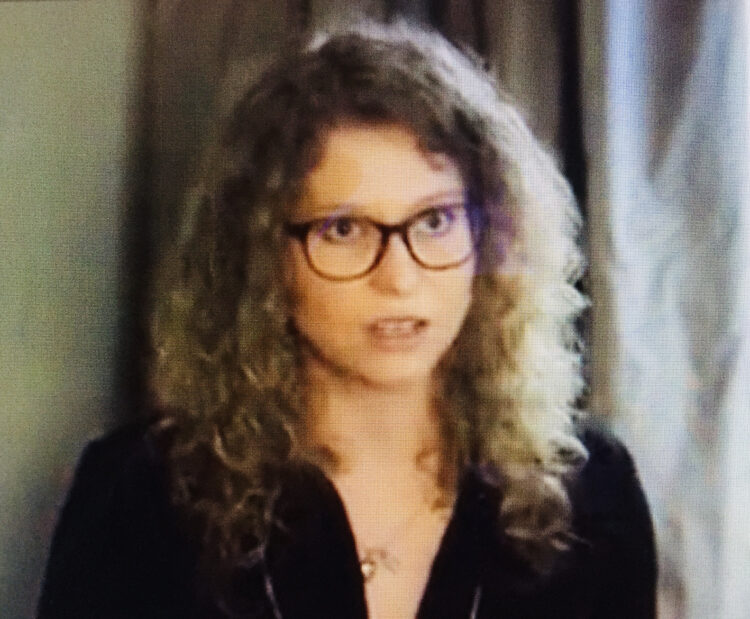
Christina Feist, a young woman who was inside the synagogue, recalls hearing a loud bang on that fateful day on Yom Kippur. Looking back at that horrific event, she says, “The image Germany conveys to the outside is that (it) has learned its lesson from the Second World War. Germany is now a responsible country, Germany is taking care of its people, among these people, Jewish people. But what’s happening is that antisemitism is marching down the streets out in the open, and nobody seems to care.”
“I don’t feel safe in Germany,” adds Feist, who has since moved to Paris. “Nobody hears us and nobody sees us.”
Williams argues that the influx of one million-plus Muslims into Germany since 2015 has had unintended consequences, having galvanized neo-Nazis and their fellow travellers and having triggered a fresh wave of violence.
Stephan Kramer, the director of intelligence in the state of Thuringia, believes that right-wing radicalism is “the most vital threat” facing Germany today.
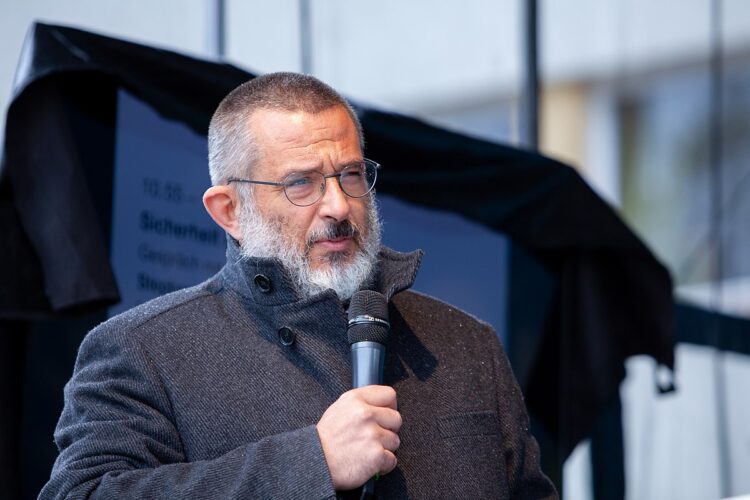
Of the estimated 35,000 right-wing extremists, 13,000 to 14,000 are considered aggressive and violent. “The problem is, it’s like an iceberg,” he says. You see just a small tip on the surface, and the rest is beneath the water.”
Right-wing extremists have infiltrated police departments and the armed forces, says Williams, pointing out that 800 soldiers are currently being investigated on suspicion of belonging to far-right organizations.
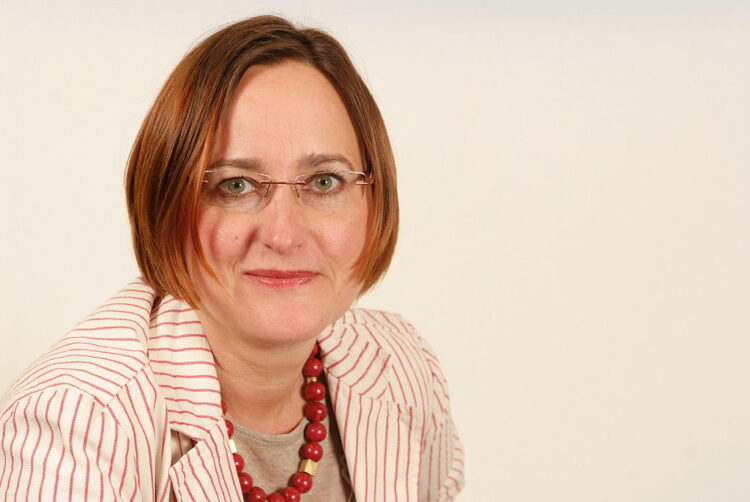
Martina Renner, a member of a parliamentary committee examining right-wing extremism, warns that increasing numbers of soldiers and policemen are joining such groups. Williams mentions two extremists who have caught the attention of the authorities — Franco Albrecht, a former soldier, and Marko Gross, the leader of the militant group Nordkreuz.
This terrorist subculture elicits fascination in Germany, says Miro Dittrich, an analyst who has studied Balliet’s descent into radicalism. But lamentably enough, German security forces have displayed “no real interest” in it.
These extremists are waiting for Day X, when the federal government will supposedly collapse and they assume control of Germany.
The German government prohibits the publication of Nazi material and the dissemination of Holocaust denial, yet extremists flaunt these laws with impunity, Williams suggests.
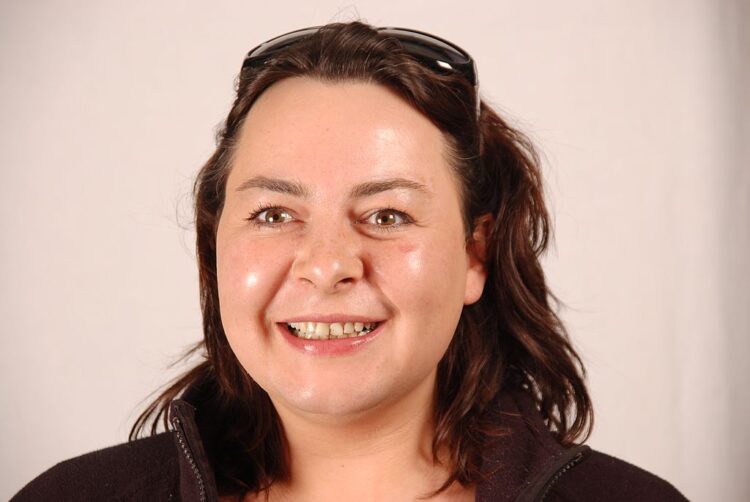
One of his interviewees, Katharina Konig-Preuss, an anti-fascist activist and a member of Thuringia’s parliament, has been threatened by extremists. “I have received letters that tell me I will be murdered, and when it will happen,” she tells Williams. “I have received emails that outline how they want to torture me and what they think should happen to me.” She has not requested police protection because she does not trust the police.
Williams delves into the murder of nine migrants, including six Muslims, in the town of Hanau last year. They were shot by an extremist who later committed suicide. Armin Kurtovic, the father of one of the victims, is beset by a sense of vulnerability. “I don’t feel safe in this country anymore,” he says, echoing Christina Feist. “How could I?”
These words are both a cri de coeur and a challenge to the German government.
